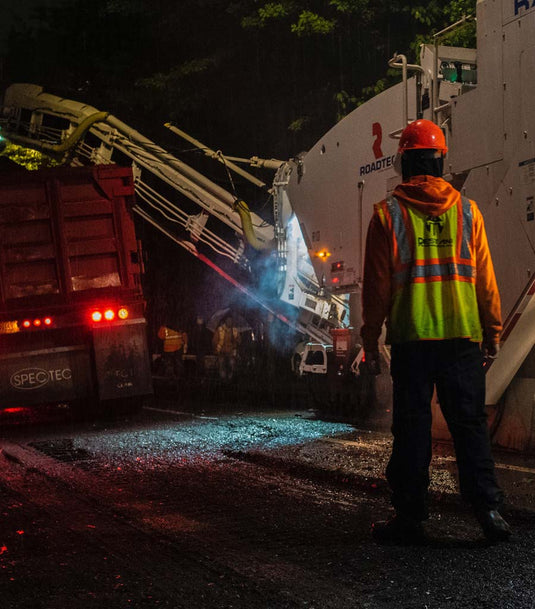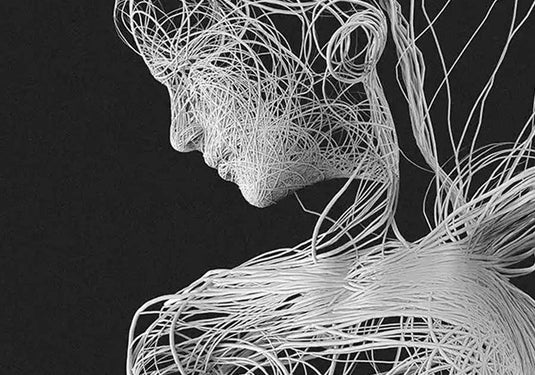We are modern humans. We can work and play throughout the night in 24-hour cities, travel between time zones, and behave as though the great yinyang cycles of day and night, summer and winter, barely impact on us.
Yet the evidence grows that our physiology is ancient and that this apparent modernity is just a thin skin over our long evolutionary past.
The latest finding is that a change as simple as putting the clocks forward by one hour (daylight saving time) contributes to significantly higher miscarriage rates among women undergoing in vitro fertilisation (IVF).
The article (published in Chronobiology International: The Journal of Biological and Medical Rhythm Research) found that women who had previously suffered a miscarriage, were much more likely to miscarry if implantation occurred within a 21-day period after the clock change, compared to other times of the year.
This seemingly small alteration in sleep patterns has previously been shown to have other negative health effects, for example increasing the rate of heart attacks, strokes and motor vehicle accidents.
The harmful effects of much greater sleep disruption are well known. We are all dependent on night workers – in hospitals, power stations, the emergency services and so on. Yet while working nights may suit some people more than others and is sustainable for moderate periods of time, there is evidence that prolonged night work can be harmful. Studies have shown that long-term it is associated with an increased risk of various diseases including breast cancer, heart attack, ischaemic stroke and ovarian cancer.
Impact of daylight savings time on spontaneous pregnancy loss in in vitro fertilization patients: full open access article available here





